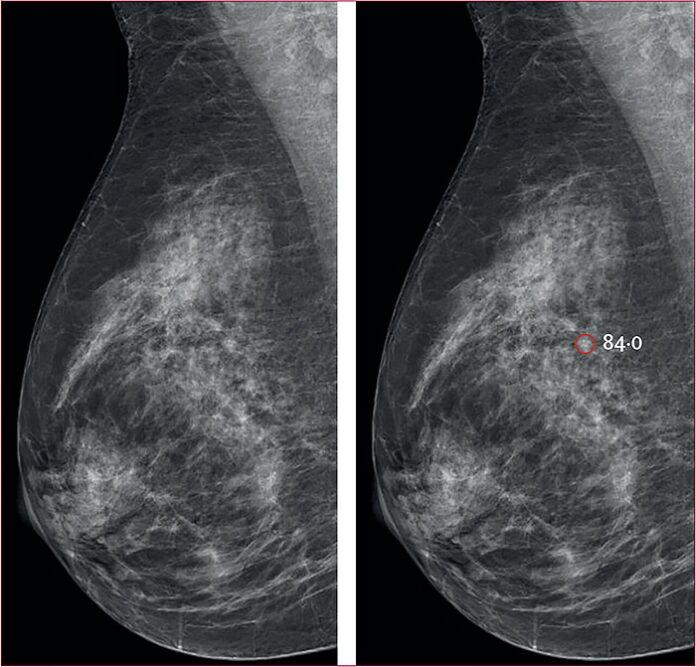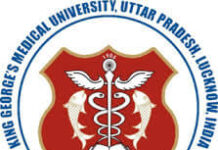

New Findings from the MASAI Trial
Recent research from Lund University’s MASAI trial has shown even better results than last year’s initial findings. AI-supported breast screening detected 29% more cancer cases compared to traditional screening. Additionally, AI was highly effective in identifying invasive cancers at an early stage. The final phase of the study will now focus on breast cancer cases missed by screening.
Study Published in The Lancet Digital Health
The findings were published in The Lancet Digital Health. The Mammography Screening with Artificial Intelligence (MASAI) study, a randomized trial to evaluate AI’s role in mammography screening, began in spring 2021. The first report, released in August 2023, showed promising results. Now, with a second report published, study lead Kristina Lång highlights even stronger figures.
AI Detects More Cancers Than Traditional Screening
“Since last year’s report, AI-supported screening has improved from detecting 20% more cancers to 29% more than traditional screening,” says Lång, associate professor of diagnostic radiology at Lund University and consultant at Unilabs Mammography Unit in Malmö, Sweden.
Addressing the Shortage of Breast Radiologists
Each year, about 1 million women in Sweden undergo mammography screening, with two breast radiologists reviewing the scans. However, radiologists are in short supply. In the MASAI trial, AI identified mammograms with a higher risk of breast cancer, which two radiologists then reviewed. For other cases, only one radiologist assessed the images, assisted by AI to highlight suspicious findings.
Study Results: More Early-Stage Cancers Detected
As reported by medicalxpress, the study analyzed data from nearly 106,000 women. Half underwent traditional screening, while the other half received AI-supported screening. AI detected more cancers overall (338 cases versus 262) and identified 24% more early-stage invasive cancers (270 cases versus 217).
“These included aggressive cancers, which are crucial to detect early. Catching them sooner can improve prognosis, reduce suffering, and lower treatment costs,” says Lång.
Higher Detection of Pre-Cancerous Lesions
AI also identified 51% more pre-cancerous in situ cases (68 cases versus 45). Many of these were the more severe type, where early detection can significantly impact patient outcomes.
Minimal Increase in False Positives
Despite detecting more cancers, AI did not significantly increase false positives. “A false positive occurs when a woman is recalled for further testing but is later found not to have cancer. Only seven additional women (a 1% increase) received false alarms in the AI-supported group compared to the control group,” explains Lång.
Reducing Radiologists’ Workload
AI-supported screening continued to reduce the workload for breast radiologists, cutting it by 44%. This efficiency is crucial given the limited number of specialists available for mammogram analysis.
Next Steps: Analyzing Interval Cancers
Sweden has a robust screening program, inviting women aged 40–74 for mammograms every 1.5–2 years. However, cancer can still develop between screenings. Researchers will analyze these “interval cancers” next.
“By December, we will have followed up with all 106,000 women for two years. This will allow us to determine how often breast cancer is diagnosed between screenings. We hope AI will provide valuable insights here too,” says Lång.
AI’s Growing Role in Screening Programs
Findings from the MASAI trial have already contributed to the adoption of AI in several regional screening programs in Sweden. As research progresses, AI is expected to play a crucial role in improving breast cancer detection and treatment outcomes.






















